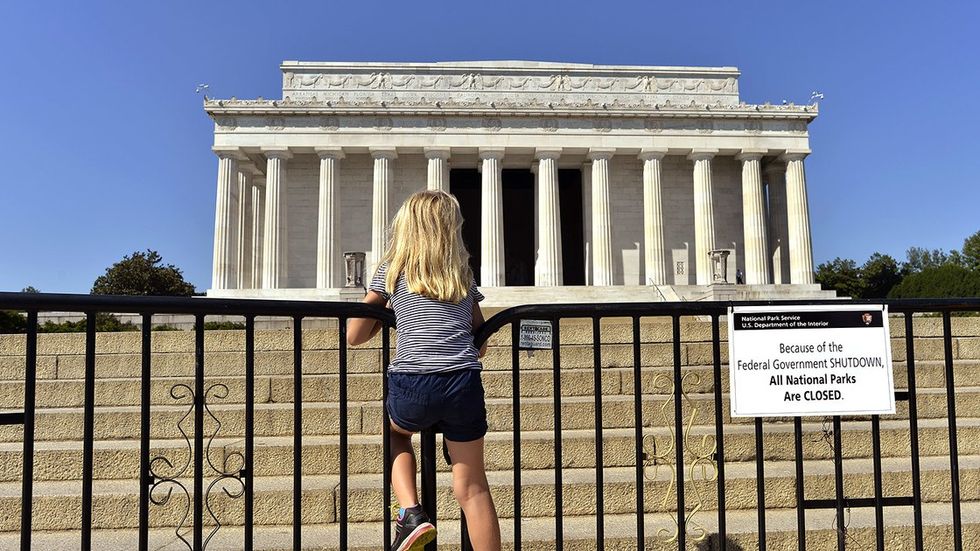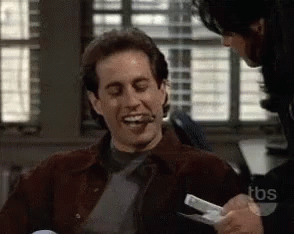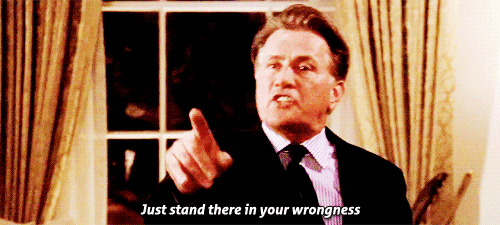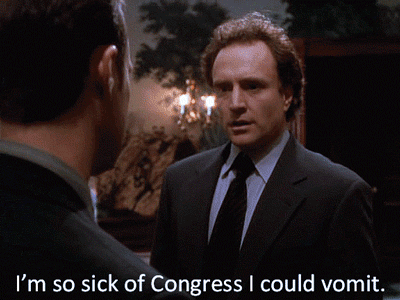The federal government only has a few short weeks left before a budget must be passed for the fiscal year. The only problem? Democrats and Republicans are bitterly divided on what should be included and what should be cut.
The temporary flow of cash currently keeping Washington D.C. afloat, known as a Continuing Resolution, or C.R. is set to expire on April 28. If the two parties cannot hammer out an agreement of some sort then the government will be closed and thousands of federal employees will be furloughed for the first time since 2013. Here is an explanation (with gifs) as to how we got to this point:
Congress must pass a budget:
Every year, Congress must pass a budget in order to keep the government running. This means that party leaders must determine what programs will be maintained, expanded, or slashed. The government is currently funded by a C.R. which is a temporary measure that allows the deadline for determining what the budget will look like to be pushed back. The fiscal year ends in September and the C.R. is due to run out in April.In the past, the government has shut down because of items in the budget that a party may not approve of. In 2013, the GOP refused to vote for the upcoming budget because it funded Obamacare, something they are vehemently against. The result was a partial shutdown that lasted for a relatively short time. This time around, the argument is over what programs will be maintained and which will be cut.
Major disagreements on both sides:
The simple explanation is that Democrats and Republicans simply have different philosophies when it comes to government spending. Democrats want an expansive government with increased funding for social programs whereas the GOP would prefer less spending and a smaller government. The two parties have gone back and forth over funding for thing such as Planned Parenthood, President Donald Trump's proposed border wall, military spending and entitlement programs. The two parties will need to decide what stays and what goes by the late April deadline or watch the government shutter.Defense spending a sticking point?
President Donald Trump has requested a major spending hike to the U.S. defense budget. In order to offset the increased spending he is requesting that other programs be slashed, much to the Democrat's annoyance. Democrats want to preserve social programs and see no reason to increase the military budget. President Obama in 2014 made major cuts to the U.S. Navy.
Sen. John McCain (R-AZ) has said that cutting the military is absolutely not ok and he is willing to see the government shut down over it. He wants to see the military budget bolstered instead of it being kept at current levels.
"Passing a CR destroys the ability of the military to defend this nation, and it puts the lives of the men and women in the military at risk," McCain said. "I can't do that to them."
Will the Gorsuch filibuster hurt negotiations?
While Republicans are likely very eager to avoid a shutdown while they control both chambers of Congress, could Democrats filibustering a well-qualified Supreme Court nominee purely out of spite cause there to be hurt feelings? It remains to be seen, but the Democrat's Senate leader, Sen. Chuck Schumer (D-NY) the chief negotiator for the party, is the one who is staging the filibuster. Depending on what he says while he tries to block the judge from advancing through the Senate, there may be feelings of anger on both sides that would prevent them from negotiating.
What happens during a shutdown:
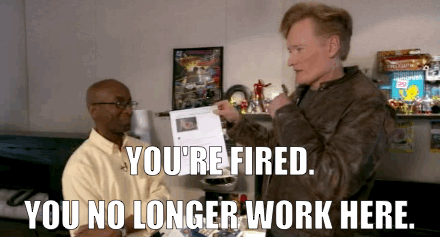
There are political ramifications:
As soon as a shutdown appears on the horizon or actually happens, both parties begin pointing fingers at the other for whose fault it is. Republicans may be in a tight spot should a shutdown happen under their watch. They control both chambers of Congress after all. Party leaders have been trying to tamp down speculation that one may occur.
"We're not going to have a shutdown," House Speaker Paul Ryan said."The president doesn't want to have a government shutdown."
“Shutting down the government doesn't help anyone, especially those holding up the process." Senate Majority Whip Sen. John Cornyn (R-TX) said.
After the GOP's healthcare bill was forced to be pulled out of the House last week, Republicans do not need another crisis that could dent their poll numbers and push them out of the majority in Congress.
Democrats also need to be careful. If they overplay their hand with the Gorsuch filibuster and continue to press for Republicans to remove more items from the budget, it could hurt their candidates in 2018, a year when many Democratic senators are up for reelection in conservative states such has Montana, West Virginia and North Dakota.
Whatever ends up happening, it will lead many Americans to have one thought while watching all of this:

